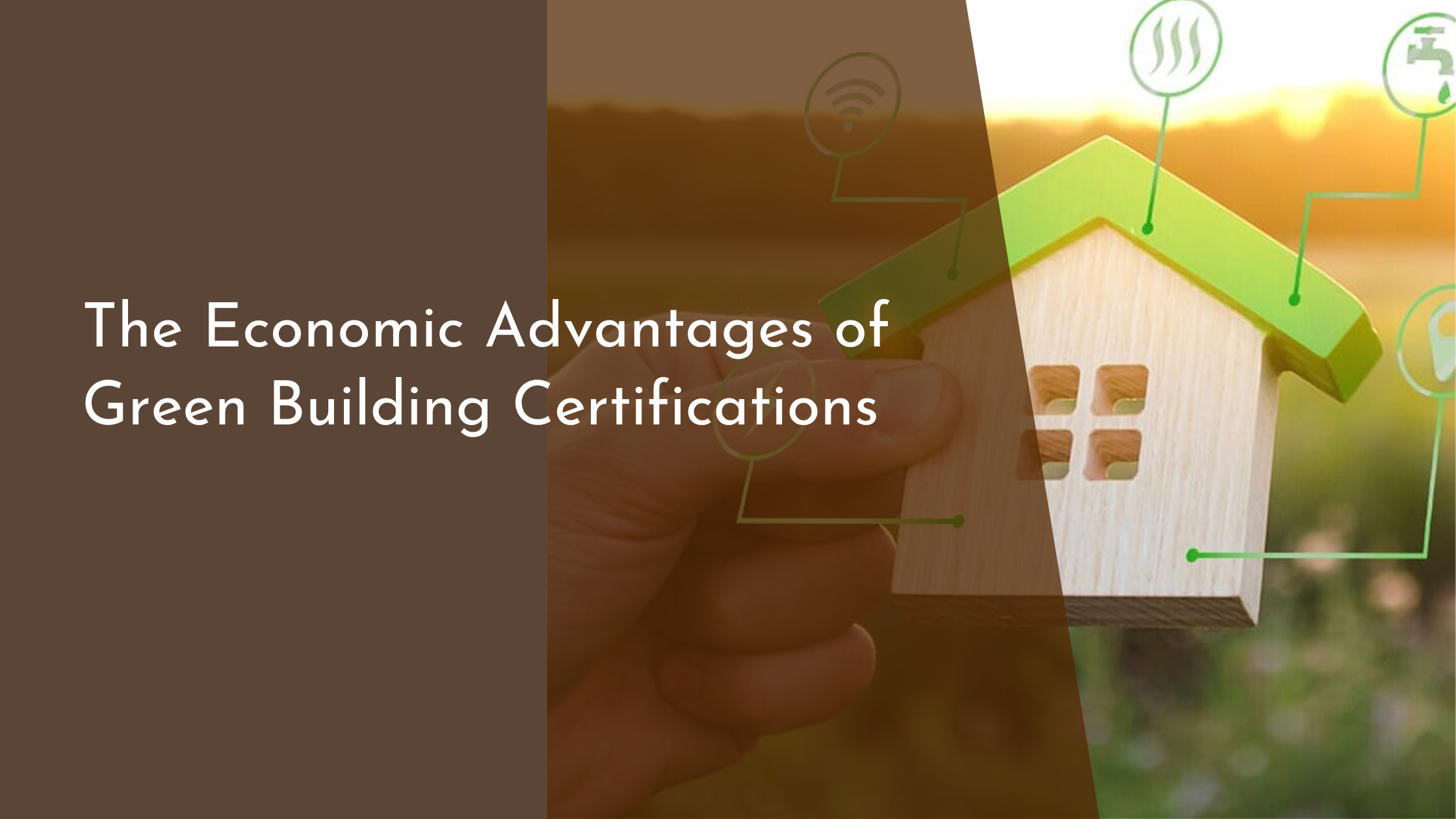The Economic Advantages of Green Building Certifications
Economic Advantages of Green Building Certifications
In recent years, the construction industry has witnessed a transformative shift towards sustainability, with green building certifications becoming a pivotal part of this evolution. As environmental awareness continues to grow, developers, investors, and policymakers are increasingly recognizing the myriad economic benefits associated with eco-friendly construction practices. Green building certifications not only contribute to environmental preservation but also offer substantial financial advantages to all stakeholders involved.
Understanding Green Building Certifications
Green building certifications serve as a benchmark for assessing the sustainability and environmental performance of buildings. These certifications, such as LEED (Leadership in Energy and Environmental Design), BREEAM (Building Research Establishment Environmental Assessment Method), and WELL, are designed to evaluate various aspects of a building’s design, construction, and operational efficiency. They focus on energy and water usage, indoor environmental quality, material selection, and site development, among other criteria. By adhering to these standards, buildings can achieve different levels of certification, which demonstrate their commitment to sustainability.
Earning a green building certification is not just about meeting environmental goals but also about aligning with the broader market demand for sustainable practices. The rise in public awareness regarding climate change and resource scarcity has increased the call for transparency and accountability in the building sector. As a result, green certifications have become a valuable tool for developers to differentiate their projects in a competitive market. By prioritizing eco-friendly designs, developers can attract environmentally conscious clients and investors who are willing to pay premiums for sustainable properties.
Cost Savings and Energy Efficiency
One of the most compelling economic advantages of green building certifications is the substantial cost savings they offer, particularly in terms of energy efficiency. Certified buildings typically incorporate advanced systems and technologies such as energy-efficient lighting, HVAC systems, and smart building management systems. These features significantly reduce energy consumption, leading to lower utility bills. In many cases, the operational savings can offset the initial investment in sustainable technologies, resulting in a favorable return on investment over time.
Additionally, certified green buildings benefit from reduced water usage and waste generation. Implementing water-saving fixtures and efficient waste management practices not only lessens the environmental impact but also contributes to financial savings. Owners of certified buildings can often take advantage of tax incentives, rebates, and grants offered by governments and local authorities aimed at promoting sustainable construction. These financial incentives further enhance the economic feasibility of adopting green building practices.
Enhancing Property Value and Market Appeal
Green building certifications can significantly increase the property value and marketability of real estate assets. Properties with eco-friendly certifications are often perceived as high-quality and future-proof investments. Studies have shown that certified buildings tend to command higher rental rates and sale prices compared to their non-certified counterparts. This premium pricing is driven by the growing demand from tenants and buyers who prioritize sustainability and reduced environmental impact in their decision-making process.
Moreover, green building certifications enhance a property’s market appeal by aligning it with the values of modern consumers and businesses. As sustainability becomes a central aspect of corporate social responsibility, businesses are keen to associate their brand with environmentally responsible spaces. Certified buildings often enjoy higher occupancy rates and tenant retention, reducing the risk of vacancy and ensuring a steady income stream for property owners. This increased market resilience is a testament to the long-term value that sustainability adds to real estate investments.
Concluding Thoughts on Eco-Economic Benefits
Embracing green building certifications offers tangible eco-economic benefits that extend beyond mere environmental consciousness. From reduced operational costs to increased property value, these certifications provide substantial financial advantages that make them an attractive proposition for developers and investors. As climate change continues to pose significant challenges, sustainable construction practices are not just optional but essential for future-proofing the built environment.
In conclusion, the economic advantages of green building certifications make them a smart investment for anyone involved in the construction and property sectors. By prioritizing sustainability, stakeholders can not only contribute to environmental preservation but also enjoy reduced operational costs and enhanced property value. As the world moves towards a greener future, these certifications will undoubtedly play a crucial role in shaping a sustainable and economically prosperous built environment.


